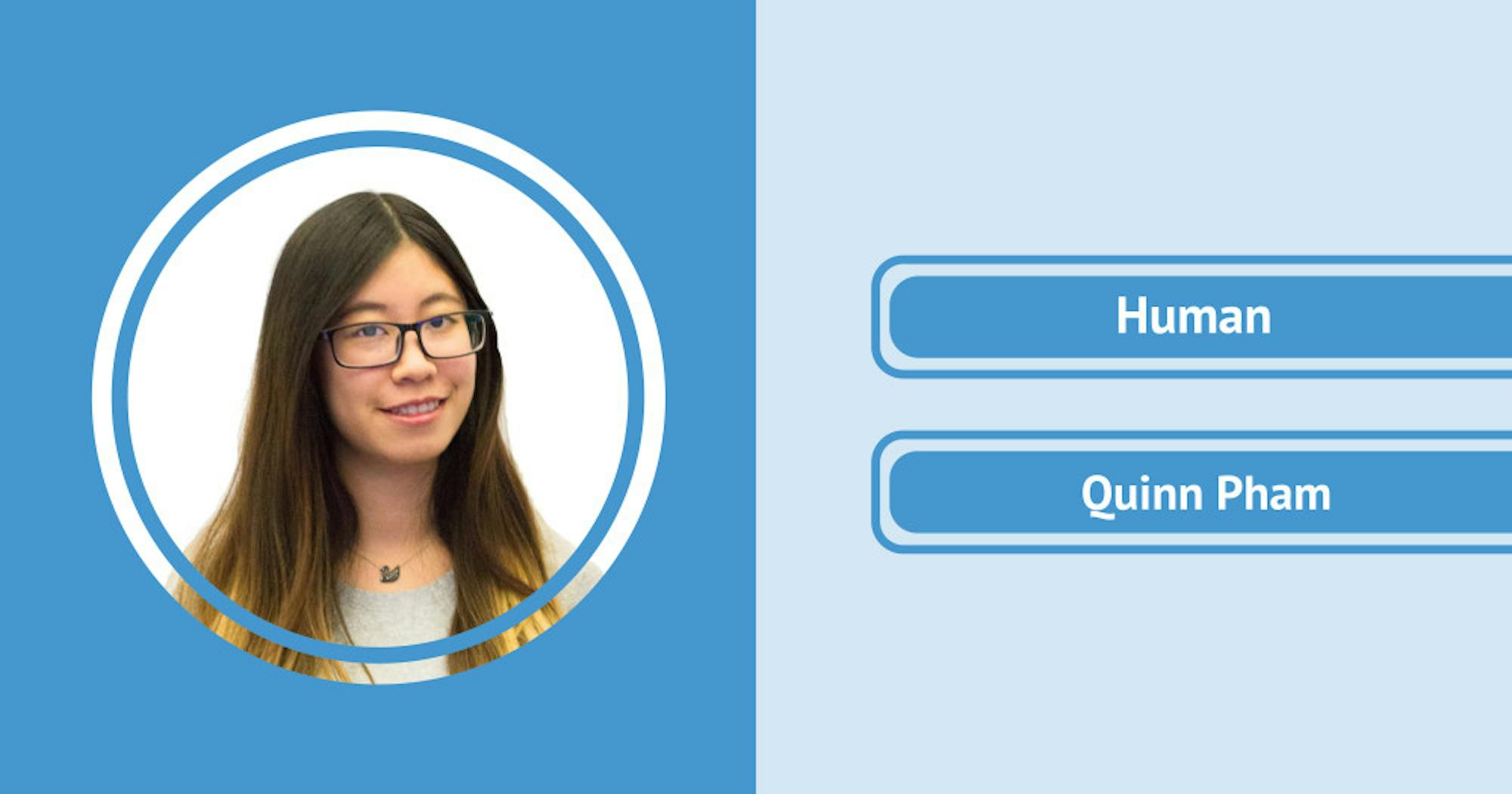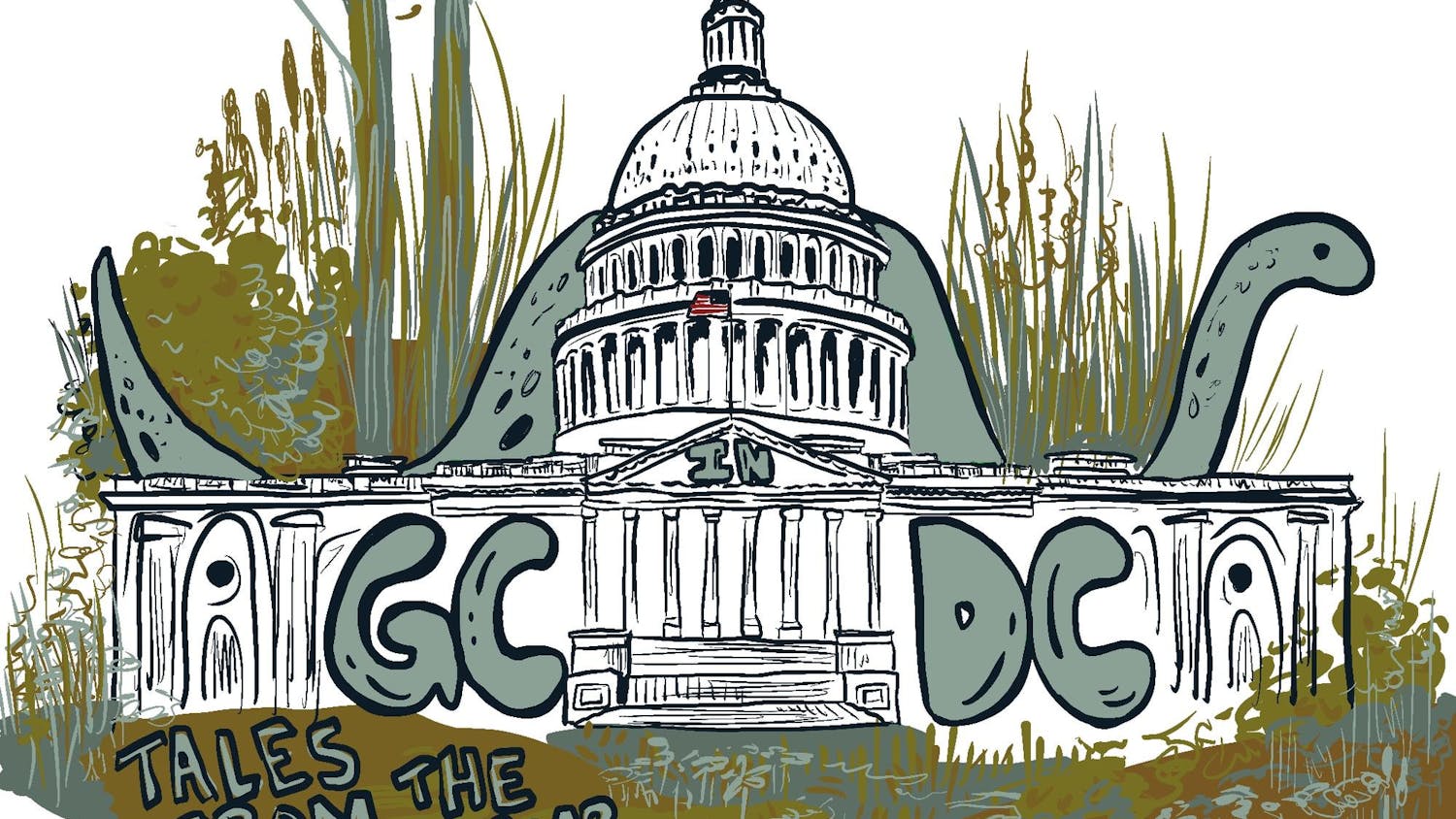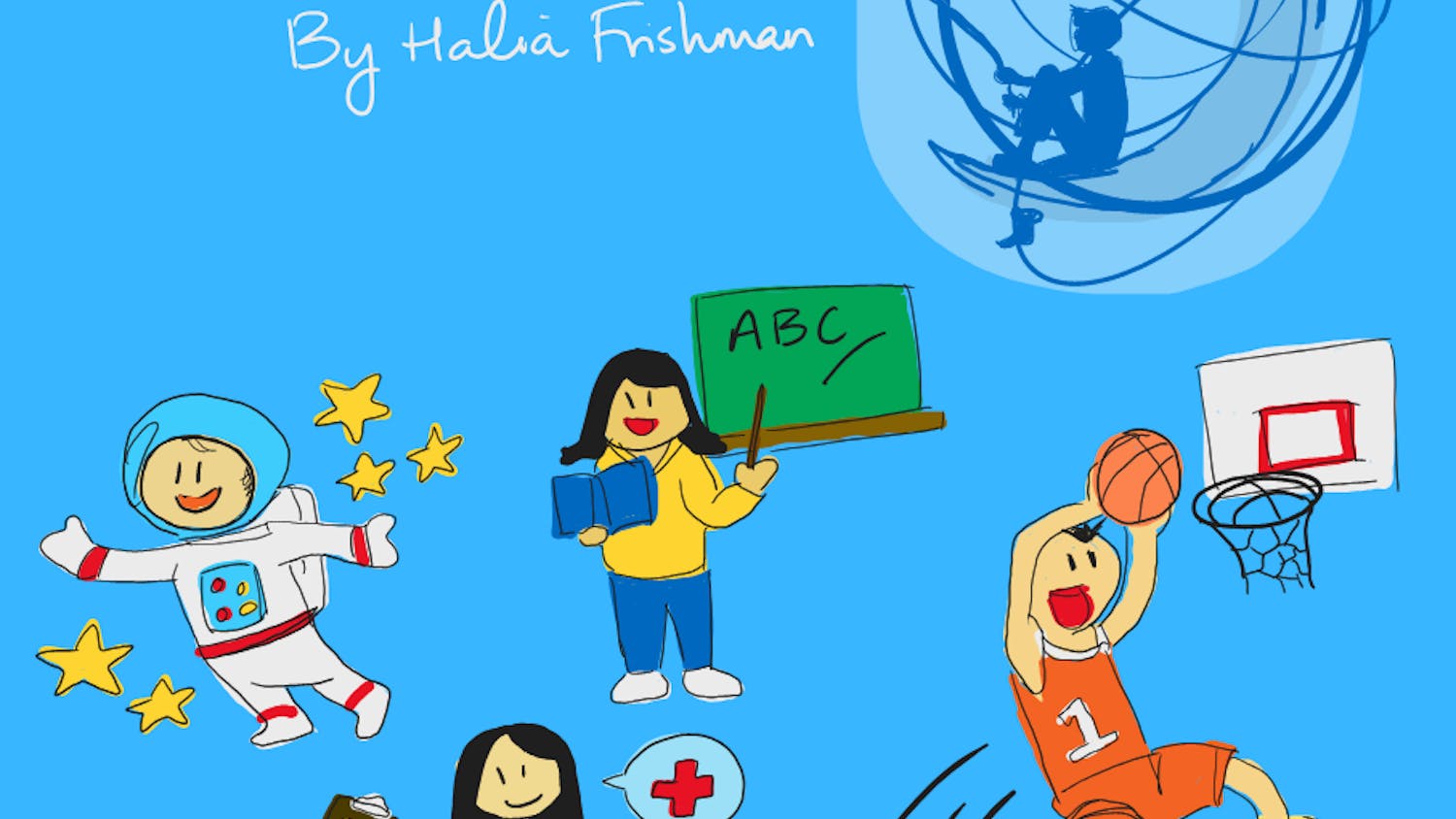I’ve arrived at the time of year where I’m caught in the endless grind between midterms and finals and a new sort of grind: looking for internships and jobs. To make this more difficult, what I am studying at Tufts does not have a straightforward, obvious path to employment.
Tentatively, I checked out Tufts’ Career Center and booked a session with an advisor. As I was leaving the Career Center's website, something caught my eye — a career self-assessment? I will admit self-assessments and personality tests have always been my weakness. Though I know that many floating around online — even popular ones — are not reliable, they still have a clickbait effect on me.
Take, for example, the Myers-Briggs Type Indicator (MBTI). This test of personality has grown so popular that it is used by many individuals and organizations around the world to categorize how personalities will interact in the workplace, in relationships, in academia, etc. I’ve taken the test multiple times throughout the years, and my result has not faltered: I am an INFP, which roughly means that I am introverted and rely on intuition, feelings and perception to navigate the world.
However fun it may be, the MBTI has roused a strong wave of criticism from psychologists specializing in personality. A common criticism of MBTI is that it is based on Carl Jung’s theories of personality types, which are not backed by scientific proof. Personality is generally a spectrum and cannot be placed into discrete categories. Ultimately, critics say that the test cannot determine how successful you will be in a job, how well you will mesh with specific personalities and so on.
My position on the MBTI is that it is a fun way to confirm, in concrete terms, how one might go about their life. If you have a basic understanding of how the test categorizes traits and a similar basic understanding of yourself, your results on these tests will echo what you think of yourself. For example, if the test asks whether you are more likely to stay home and watch Netflix on a Friday night or to go to a party, a person who considers themself introverted is likely to choose to stay home. In most cases, though, circumstances matter — yet they are rarely considered in these tests. Do I have something early Saturday morning? Are my friends up for partying, too? Is the party for a special occasion? Lacking context, the answer I choose would only reflect what I already think of myself.
The self-assessment link provided by the Career Center is slightly different. It allows you to pick traits you think are true of yourself and then outlines career paths that may suit you based on a combination of personality traits, desires and more. My problem is that the results, combined with my current academic path, indicates that a very limited number of careers is available to me. But I guess I already knew that. Then again, a self-assessment will always echo my own perceptions of myself.






